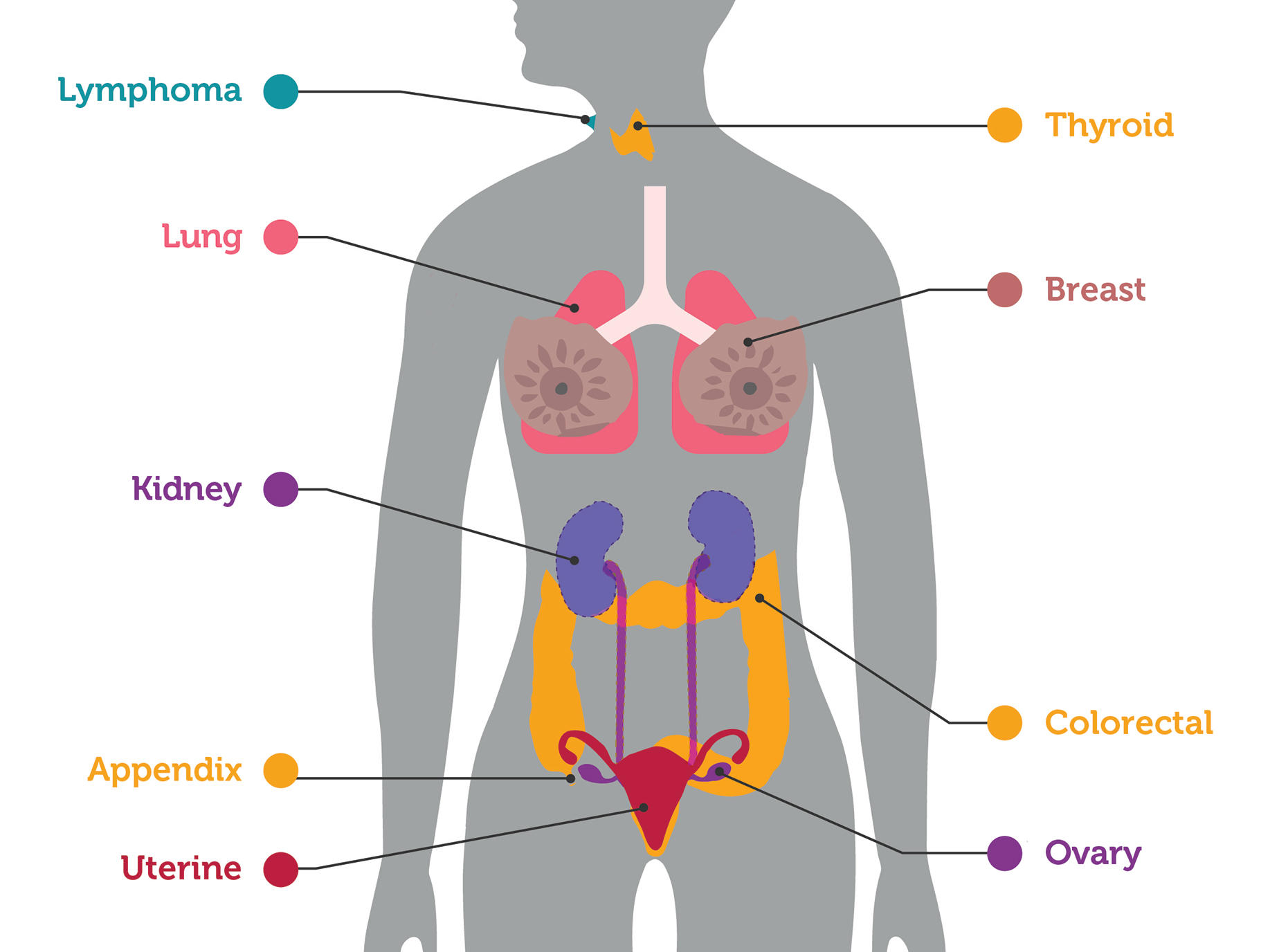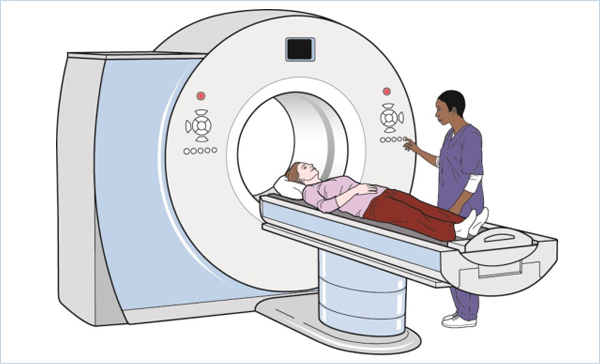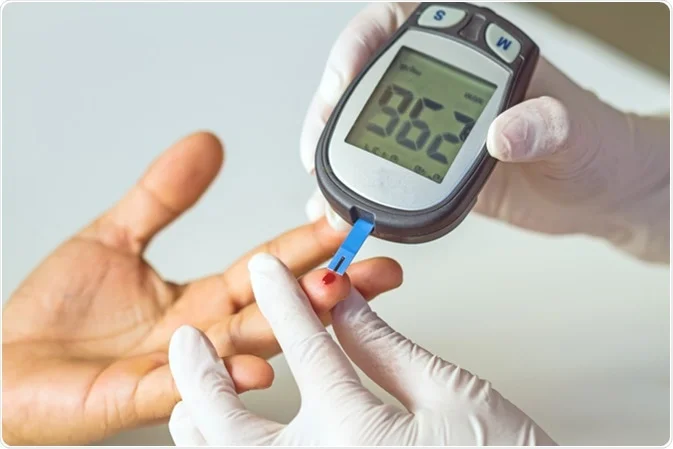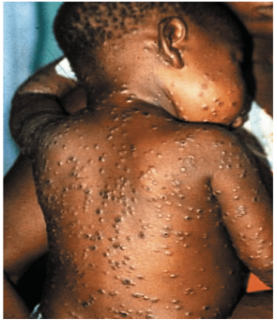
The Importance of Early Cancer Detection: Screening Tests You Need to Know
Cancer is a deadly disease that affects millions of people worldwide. While cancer treatment has improved significantly in recent years, early detection is still crucial for successful treatment outcomes. Cancer screening tests can detect cancer early when it's most treatable. In this guide, we'll discuss the importance of early cancer detection and the most common cancer screening tests.
Why early detection is important
Early detection of cancer increases the chances of successful treatment outcomes. When cancer is caught early, it's often easier to treat and may require less invasive procedures. Early detection can also help prevent cancer from spreading to other parts of the body, which is when it becomes more difficult to treat.
Breast cancer screening tests
Breast cancer is one of the most common cancers among women. The most common screening test for breast cancer is a mammogram, which is an X-ray of the breast tissue. Women should start getting mammograms at age 40 and have them done every one to two years.
Colon cancer screening tests
Colon cancer is one of the leading causes of cancer-related deaths worldwide. The most common screening test for colon cancer is a colonoscopy, which is a procedure that allows doctors to examine the entire colon for abnormal growths. People should start getting colonoscopies at age 45 and have them done every ten years.
Cervical cancer screening tests
Cervical cancer is a type of cancer that affects the cervix, which is the lower part of the uterus. The most common screening test for cervical cancer is a Pap test, which is a simple test that checks for abnormal cells in the cervix. Women should start getting Pap tests at age 21 and have them done every three years.
Lung cancer screening tests
Lung cancer is one of the deadliest types of cancer, and early detection is crucial for successful treatment outcomes. The most common screening test for lung cancer is a low-dose CT scan, which is a type of X-ray that produces detailed images of the lungs. People who have a history of smoking should start getting low-dose CT scans at age 50 and have them done every year.
In conclusion, early cancer detection is crucial for successful treatment outcomes. Cancer screening tests can detect cancer early, making it easier to treat and prevent it from spreading. Talk to your doctor about the appropriate cancer screening tests for your age, gender, and medical history. Remember, early detection saves lives.
Other Posts

5 Flu-Fighting Foods for Boosting Immunity

Instructions for CT Patients

Importance of HbA1c Testing for Diabetes

MONKEY POX - What you need to know ?




